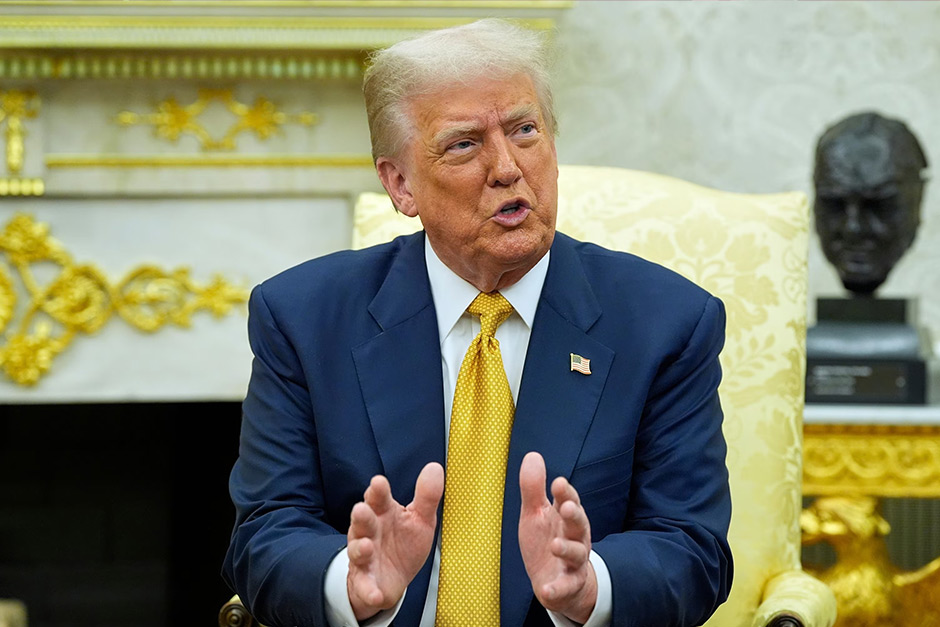In the often-incendiary arena of modern politics, certain words carry an almost radioactive weight. “Treason” is undeniably one of them. When leveled against a former President, its implications are seismic. Yet, what’s increasingly evident is a bipartisan hesitation – even outright pushback – against wielding this gravest of accusations against Donald Trump, despite fierce political divisions.
The GOP’s Guarded Defense
For many Republicans, the pushback isn’t necessarily an endorsement of every action or statement made by the former President. Instead, it often stems from a deep-seated belief that such an accusation, particularly from the opposition, is inherently political and designed to delegitimize not just an individual, but the entire movement he represents. There’s a strong defensive posture, a closing of ranks against what’s perceived as an existential attack.
Beyond party loyalty, there’s a strategic calculation. Republicans often highlight the extremely high constitutional bar for proving treason, arguing that attempts to apply it broadly risk trivializing a truly heinous crime. They fear setting a dangerous precedent where any controversial action by a past or future president could be deemed treasonous, further destabilizing American political discourse. Accusations, in this view, serve more as a rhetorical weapon than a serious legal pursuit, and thus warrant dismissal.
Democrats’ Calculated Caution
On the other side of the aisle, many Democrats, while often fierce critics of the former President, also express significant reservations about employing the treason accusation. Their pushback often comes from a place of legal prudence and political strategy rather than defense of Trump himself.
The U.S. Constitution specifically defines treason: “Treason against the United States, shall consist only in levying War against them, or in adhering to their Enemies, giving them Aid and Comfort.” This narrow definition requires demonstrable intent and overt acts that are exceedingly difficult to prove in a court of law. For many Democrats, pursuing a treason charge that is unlikely to succeed could be a strategic misstep, diverting energy and resources from other potential avenues of accountability. It also risks making the party appear overly extreme or vindictive, potentially alienating moderate voters.
As one seasoned political observer remarked, “The word ‘treason’ isn’t a political cudgel; it’s a profound legal charge with an extremely high bar set by the Constitution. To use it loosely, even against someone you vehemently disagree with, risks cheapening its meaning and ultimately undermines the very institutions it’s meant to protect.” This sentiment reflects a fear that overusing such a grave term diminishes its power and muddies the waters for genuine threats to national security.
A Shared Apprehension
The bipartisan pushback against levying treason accusations against Donald Trump underscores a curious convergence. While their motivations may diverge – Republicans defending their own and wary of political overreach, Democrats cautious of legal missteps and rhetorical inflation – the shared apprehension is palpable. It reflects a deeper understanding, however begrudging, of the profound weight this term carries.
In a deeply polarized nation, this rare moment of parallel concern suggests a collective, albeit often unstated, recognition that some lines in political rhetoric, particularly those with constitutional gravity, should be approached with extreme care. Whether this restraint will hold amidst the continuing churn of political cycles remains to be seen, but for now, the accusation of treason against a former president is a bridge few on either side seem willing to cross lightly.




